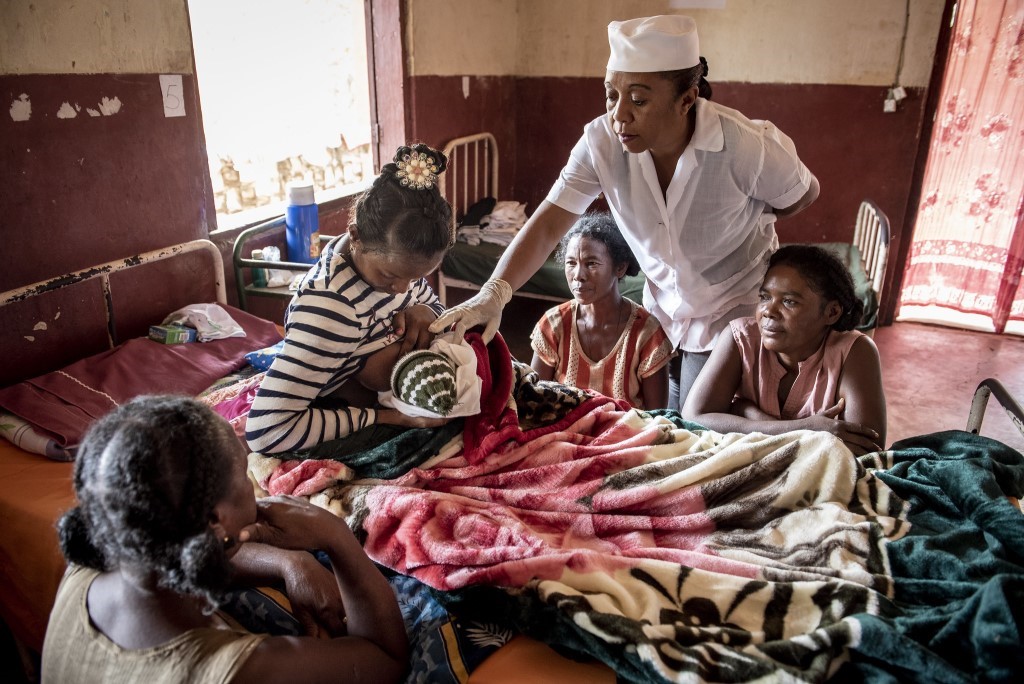What does change look like?
In Tanzania, it is a well-equipped facility with trained staff where women had once labored on the floor for lack of room and providers. In Liberia, it is newly built incinerators where once open pits had housed waste. In India, it is scores of rural wellness centers bringing care to the previously “unreachable.”
Across 52 programs in 32 countries – and nearly five years! – USAID’s flagship Maternal and Child Survival Program has been at the fore of tremendous improvements for women and their families in some of the most challenging areas to deliver high-quality health services. Through our efforts, more than 36,000 babies were resuscitated at birth, and over 1.3 million women received a uterotonic to prevent postpartum hemorrhage – still the single leading direct cause of maternal mortality. Millions of children were vaccinated to prevent diseases that needlessly take their lives.
By supporting countries to help themselves, we’re also ensuring a thriving health system that safeguards a healthier future for generations to come. More than 10,000 health facilities have implemented a quality improvement approach with our help, and 17 countries developed or updated 112+ policies to improve the lives of their people. Our work has also better equipped countries to face current and emerging health threats such as Ebola, plague, and Zika, helping to advance U.S. national security and economic prosperity in the process.
On June 25, 2014, MCSP proudly began this work – the same day that USAID launched Acting on the Call to understand where countries are on their journey to self-reliance. Since that time, we’ve shared the aim of improving survival in 25 priority countries where more than 66% of global maternal and child deaths occur.
USAID has just released the latest Acting on the Call report, and I’m proud of the many contributions MCSP has made over the past five years. We’re working hard to work ourselves out of a job, leaving in our wake countries better equipped to identify – and overcome – their own health challenges.
From Haiti to Burma, there is more commonality than you may think: all mothers want the same thing for their children and themselves – the chance to thrive. MCSP and partners are meeting these families where they live to help them create the world they want by ensuring equitable access to high-quality, respectful health care services.
But our work isn’t over yet. Every time I visit a heath facility in one of our countries; every time I hear of a “near miss;” every time our team reviews the causes of a mother’s death… every time my resolve deepens to continue this work. Our work won’t be over until all women, no matter where they live, do not die giving birth, and a child in sub-Saharan Africa has the same chance to live beyond the age of five as a child in the United States.
Thankfully, our work over the past five years has given us keen insight into where the world is headed by 2030. We know we must continue to transform everyday practices into lifesaving revolutions. We must disrupt the status quo and generate positive health outcomes faster, better, more affordably, and sustainably.
We know our continued success depends heavily on reaching those most in need, and that frontline health workers are paramount to improving health. We know that healthy nations begin with healthy women and families, and community health is a central component of country health systems.
At MCSP, we’re excited to continue this work alongside USAID and partner countries, building on proven interventions and staying accountable.

